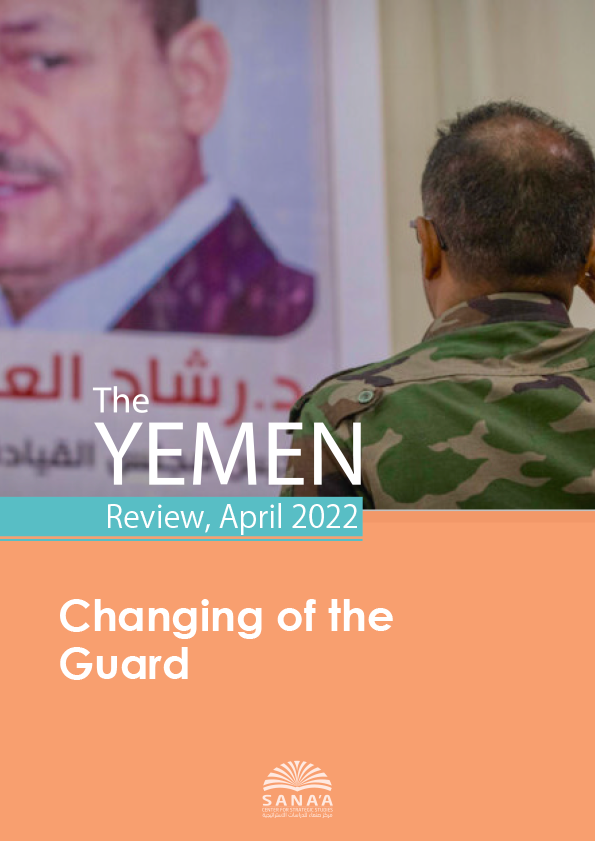The surprise resignation of long-serving President Abdo Rabbu Mansour Hadi and the appointment of a new Presidential Leadership Council heralded a busy month of political and economic developments in Yemen, as a UN-brokered Ramadan truce largely held across the country. Hadi ceded his powers to a council of prominent military figures led by former Interior Minister Rashad al-Alimi at talks in Riyadh, in a move nominally brokered by the Gulf Cooperation Council. The handover was orchestrated by Saudi Arabia and the UAE with little to no consultation of Yemeni political figures. In the interim capital Aden, the council was sworn in before a rare meeting of Parliament while support was rapidly voiced by the UN Security Council and the United States. The Houthis have characterized the new council as illegitimate and contrived by foreigners; they had made similar criticisms of Hadi’s administration. The Saudis and UAE committed US$3 billion in new funding for the government, earmarked for development and assistance to the Central Bank in Aden; the news has already increased the value of the Yemeni riyal in government-held areas.
Though sporadic violence has continued, the military truce brokered by UN Special Envoy Hans Grunberg remained intact through the month of April. The resumption of flights from Sana’a International Airport, another component of the agreement, remained stalled, but the resumption of oil and gas imports via Hudaydah port has helped mitigate nationwide fuel shortages. There are fears that the Houthis may use the lull in violence to reinforce and re-maneuver their forces ahead of another assault on the oil-rich stronghold of Marib. And while the ascendance of the Presidential Leadership Council has been greeted with skeptical approval as an improvement over the Hadi presidency, there are concerns about the council’s ability to work together to meet the enormity of Yemen’s crises.




 اقرأ المحتوى باللغة العربية
اقرأ المحتوى باللغة العربية


